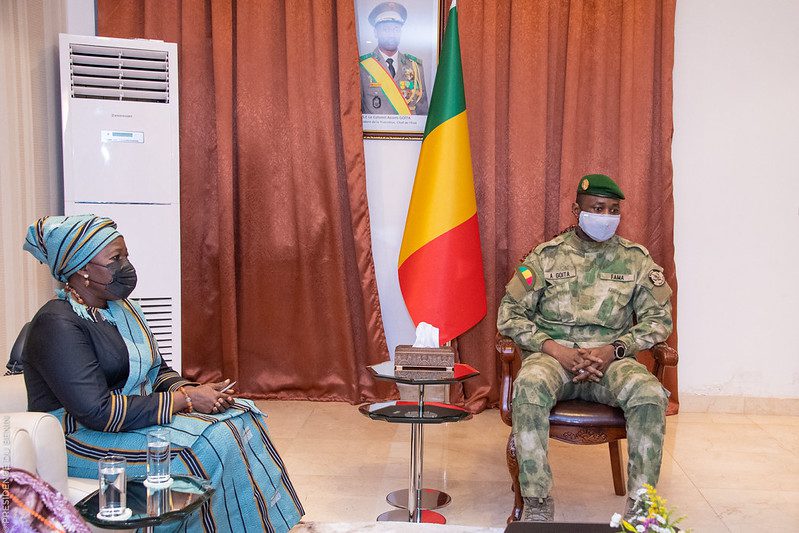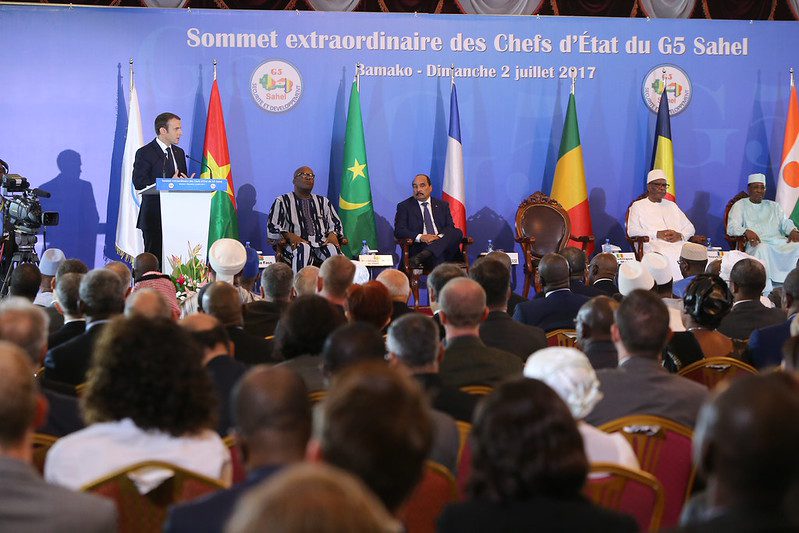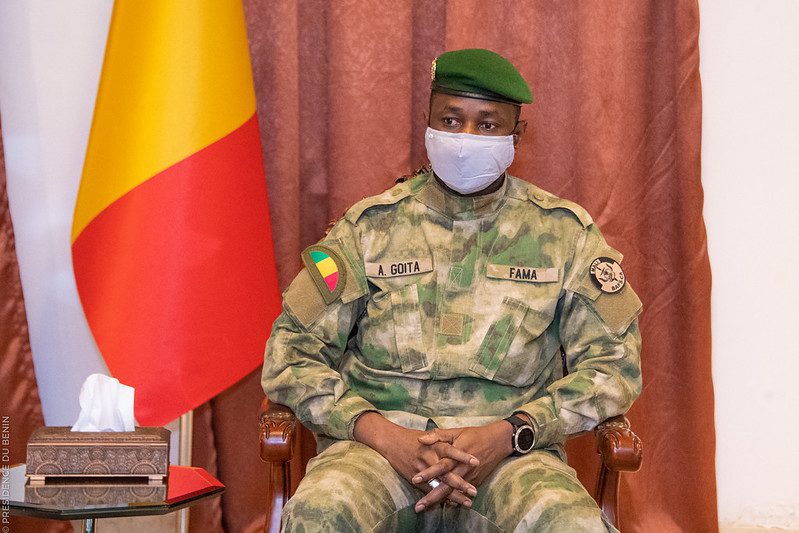The warning signs are flashing red in West Africa, but the West has largely looked away. Now the consequences of disengagement are knocking at the door of Bamako.
Mali’s military regime, led by President Assimi Goïta, appears to be on the brink of collapse. A months-long siege of the capital by the al-Qaeda-aligned Jama’at Nusrat al-Islam wal-Muslimin (JNIM) has choked the city, creating a fuel crisis that has shuttered schools and paralysed the economy. With the US Embassy evacuating non-emergency personnel as of early November and the UN warning of a “disastrous domino effect”, the question is no longer if the security architecture in Sahel will crumble, but when – and whether the West’s retreat has created that a vacuum that will inevitably result in a strategic “blowback” of catastrophic proportions on its Europe’s periphery.
The Siege of Bamako: A Strangled Capital
The situation on the ground is dire. JNIM has expanded its blockade, which tightened significantly on November 1, targeting the major highways that serve as Mali’s lifelines. This not merely a military skirmish: it is economic warfare.
The blockade of fuel imports forced a nationwide shutdown of schools and universities from late October to mid-November.

Image: President Assimi Goïta – Présidence de la République du Bénin
This resulted in a diplomatic exodus that began on November 7, France, the UK and the US urged citizens to leave. The evacuation of US embassy families signals a loss of confidence in the junta’s ability to hold the line.
JNIM is also operating further south than ever before. This geographical shift threatens to force the junta to the negotiating table or, more dangerously provoke yet another coup d’etat, a replay of the chaos in 2012.
How Did We Get Here? The Failed Pivot
The road to this precipice is paved with failed interventions and a disastrous pivot to Russia. Since 2012, Mali has weathered three coups and a relentless insurgency. The French Operation Serval (2013) temporarily saved Bamako, but the subsequent decade of grinding conflict eroded public trust. Following the coups of 2020 and 2021, Mali’s junta repudiated Western support, expelling French and UN forces in favour of a new security partner: Russia.
The results have been catastrophic, not just in Mali but across the Sahel, with the region accounting for 5 of the 10 countries most affected by terrorism and accounting for 19 percent of global terrorist attacks and over half of global terrorism-related casualties.
The Russian private military presence (formerly Wagner Group, now Africa Corps) has proven adept at committing human rights abuses but incompetent at counter-insurgency. They have failed to secure the population, leading to the mobilisation of Dozo militias-self-defence groups whose operations have only exacerbated mass atrocities in the Segou and Sikasso regions.
The “Afghan” Scenario: A Terrorist Safe Haven?
The most chilling prospect is the potential for a JNIM takeover of the state. While less likely than a collapse into anarchy, it is now “on the board”. A JNIM victory would mark a historical turning point: the first time an Al-Qaeda affiliate has taken formal power of the country. This would turn Mali into Africa’s Afghanistan – a sovereign sanctuary where terrorists can train, plan and operate freely, but this time far closer to Europe.

Image: French President Macron at the G5 Sahel Summit in Bamako, Mali – François Lafite / Présidence de la République
The major issue with JNIM is that it’s not just a local insurgency, rather it has a global DNA. JNIM’s leadership retains historical links to the cadre that fought Soviets in Afghanistan and to Osama bin Laden. The group has already claimed its first attack in Nigeria signalling an intent to expand beyond the Sahel with operations already ongoing in Niger and Burkina Faso. Like Sudan in the 1990s, a JNIM-controlled Mali could become a premier state sponsor of terrorism, exporting violence to Europe and the United States.
The Collapse of the Sahel Alliance
The fall of Bamako would effectively ring the death knell for the Alliance of Sahel States (AES) – the pact between Mali, Burkina Faso and Niger. These three nations left ECOWAS to form a mutual defence bloc, betting their survival on Russian support. If Mali were to fall, the alliance would fracture. Both Burkina Faso and Niger, facing their own identical crises of JNIM/ISIS insurgencies and their fragile juntas, would be left exposed.
A JNIM takeover is also a direct humiliation for Moscow, a further loss after Syria and humiliation of Iran. The “Russian model” of security, authoritarian protection in exchange for sovereignty, will be exposed as a fraud. JNIM has been fighting Russian mercenaries for years; they will not be looking to cut deals with Putin.
The Cost of Turning Away
The West’s strategy of disengagement, driven by frustration with the juntas and the arrival of Russia, is reaching its limit. The “let them fail” approach ignores the reality that a terrorist super-state in West Africa is a direct threat to global security.
Mali is facing a stronger enemy than in 2013, but this time it stands alone. The African Union offers words, not soldiers. ECOWAS remains the only viable lifeline, despite the bad blood. If the West continues to turn its back, treating Mali as a lost cause, it may soon wake u p to a reality where al-Qaeda controls a territory the size of France, launching attacks that will make the current spats seem trivial by comparison. With all eyes on the Middle East, turning away from the rise of terrorism in Africa, may come back to bite Western states.
Featured Image via Présidence de la République du Bénin

